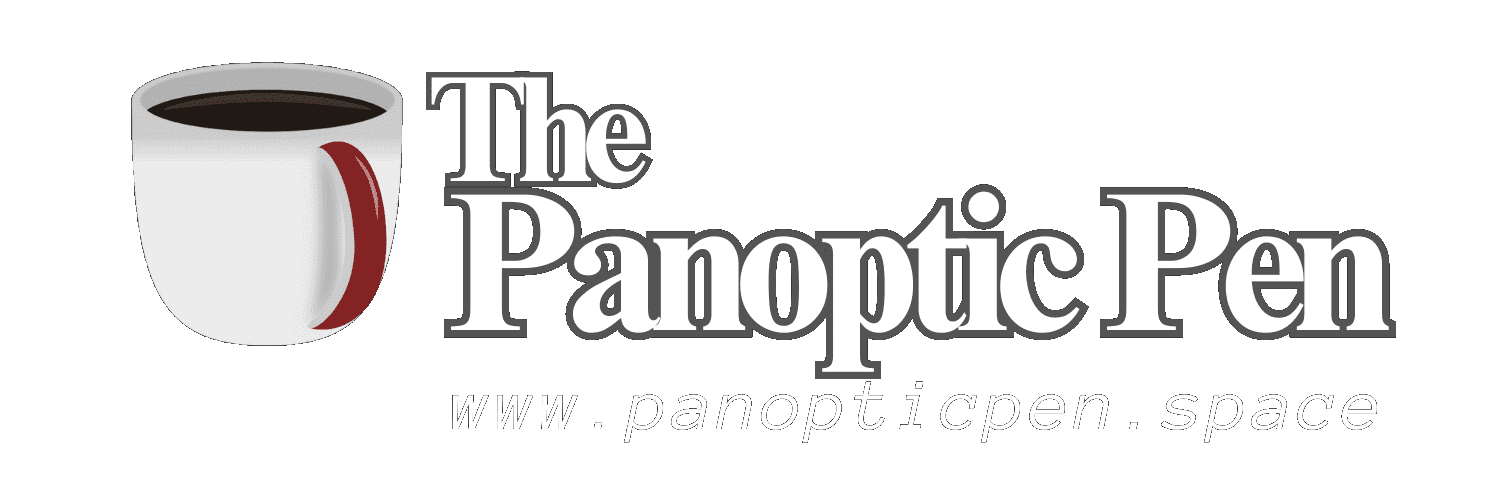2023-08-07T01:23
The Evolution of Freedom of Speech: Unfolding the Historical Tapestry

Introduction:<br>Freedom of speech stands as one of the cornerstones of democratic societies, enabling individuals to voice their beliefs and opinions without fear of repression. This article presents a comprehensive account of its history, tracing the roots of this cherished right back to the ancient world.<br><br>Ancient Origins:<br>The concept of freedom of speech can be traced back to ancient civilizations such as Ancient Greece and Rome. In these societies, public discourse played a vital role in shaping political decisions and societal norms.<br><br>The Enlightenment Era:<br>The Enlightenment marked a turning point in the history of freedom of speech. Thinkers like John Locke and Voltaire championed the idea that free expression was essential for the progress of knowledge and society.<br><br>The First Amendment:<br>The United States' First Amendment, ratified in 1791, enshrined freedom of speech in the nation's constitution. This landmark moment set a precedent for other countries to adopt similar protections.<br><br>Challenging Times:<br>Throughout history, freedom of speech faced significant challenges during times of war and social unrest. Governments often curtailed free expression to control dissenting voices.<br><br>Press Freedom:<br>The emergence of the printing press in the 15th century revolutionized the dissemination of information. However, governments also used censorship to control printed material, leading to conflicts over press freedom.<br><br>Free Expression in Art and Literature:<br>Art and literature have been powerful tools for expression, but they too faced censorship and persecution, especially during periods of conservative ideologies and cultural repression.<br><br>The Battle Against Censorship:<br>Numerous individuals and organizations throughout history have fought valiantly against censorship and oppressive restrictions on free speech, striving to create more open and inclusive societies.<br><br>Freedom of Speech in the Digital Age:<br>The advent of the internet and social media brought new challenges and opportunities for free expression. Online platforms became battlegrounds for debates on the balance between freedom of speech and harmful content.<br><br>International Recognition:<br>Freedom of speech gained global recognition as a fundamental human right, as articulated in international agreements like the Universal Declaration of Human Rights.<br><br>Limitations and Responsibilities:<br>The notion of "free speech" remains nuanced, as societies grapple with defining its limits and individuals' responsibilities when exercising this right.<br><br>Hate Speech and Incitement:<br>Debates surrounding hate speech and incitement to violence have heightened concerns about striking the right balance between free expression and preventing harm.<br><br>Censorship in Authoritarian Regimes:<br>In contrast to democratic societies, authoritarian regimes have routinely suppressed freedom of speech to maintain control and suppress dissent.<br><br>Journalists and Free Speech Advocates:<br>Journalists and free speech advocates have played pivotal roles in upholding and defending this fundamental right, even at great personal risk.<br><br>The Role of Social Movements:<br>Throughout history, social movements have used free speech as a tool to drive change, fight for civil rights, and promote social justice.<br><br>Challenges in the Digital Era:<br>The digital age has brought forth new challenges, including issues of misinformation, online harassment, and the growing influence of tech companies on free expression.<br><br>Government Surveillance and Privacy:<br>In an age of pervasive surveillance, concerns about government intrusion and threats to individual privacy have further complicated the landscape of free speech.<br><br><div id='bottom_banner_dyno'></div><br><br>The Marketplace of Ideas:<br>The concept of the "marketplace of ideas" underscores the belief that a free exchange of thoughts and opinions leads to societal progress and informed decision-making.<br><br>Tensions Between Free Speech and Democracy:<br>Balancing free speech with the need to protect democracy from disinformation and propaganda remains an ongoing challenge for modern societies.<br><br>Academic Freedom:<br>Academic institutions have long championed freedom of speech and academic freedom, enabling scholars to pursue knowledge without fear of reprisal.<br><br>International Challenges:<br>Freedom of speech faces varied challenges worldwide, with some countries consistently ranked as low in press freedom and free expression indexes.<br><br>The Role of Social Media Platforms:<br>Social media platforms have become significant players in shaping free speech debates, leading to discussions about content moderation and platform responsibility.<br><br>Future Prospects:<br>As technology advances and societies evolve, the future of freedom of speech will continue to be shaped by new opportunities and challenges.<br><br>The Power of Dialogue:<br>In a world characterized by diverse opinions, fostering meaningful dialogue is crucial to upholding freedom of speech while respecting different perspectives.<br><br>Defending the Freedom to Speak:<br>The protection of free speech remains a collective responsibility, requiring vigilance, advocacy, and ongoing efforts to safeguard this fundamental right.<br><br>Conclusion:<br>The historical journey of freedom of speech showcases its resilience and adaptability, reflecting its central role in shaping societies and promoting the flourishing of democratic ideals. <br><br><a href='https://go.fiverr.com/visit/?bta=237457&brand=fiverraffiliates'>Earn money with Fiverr Affiliates! Start instantly!</a><br><br>



